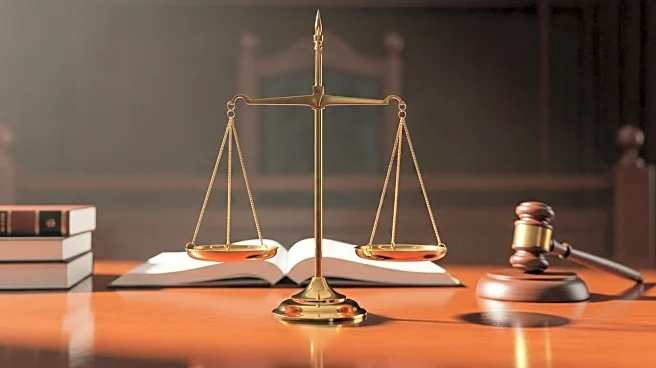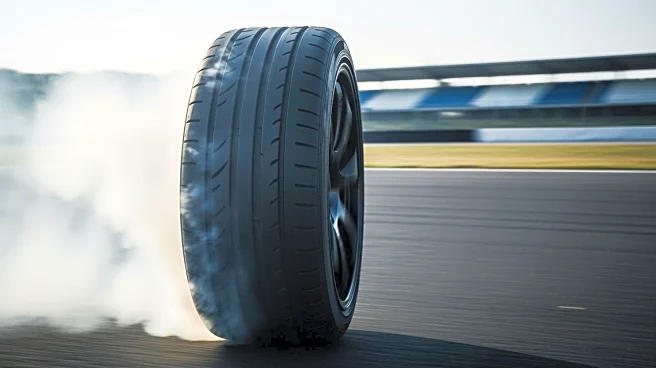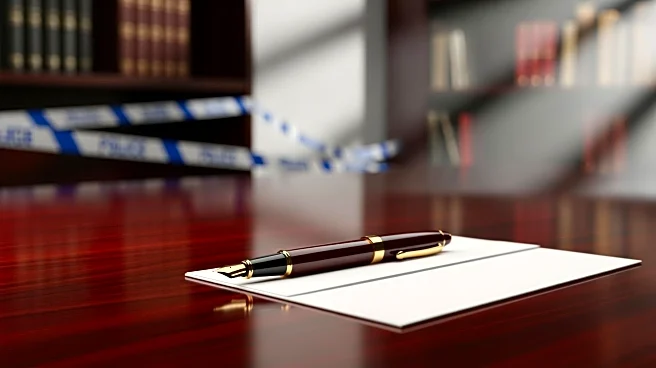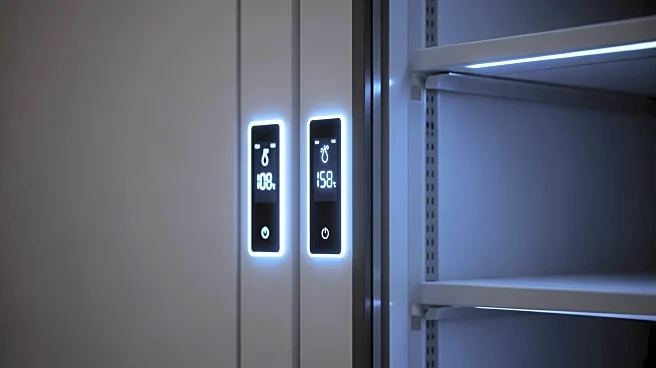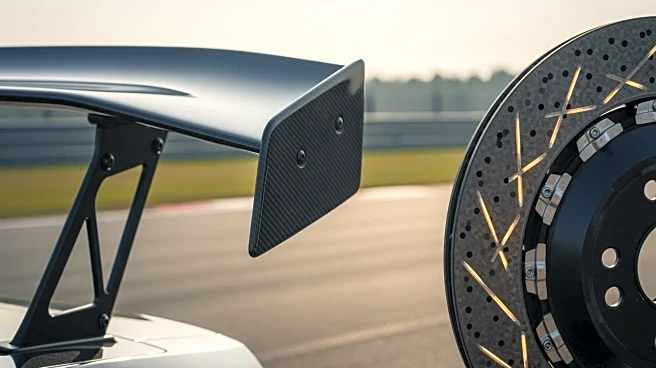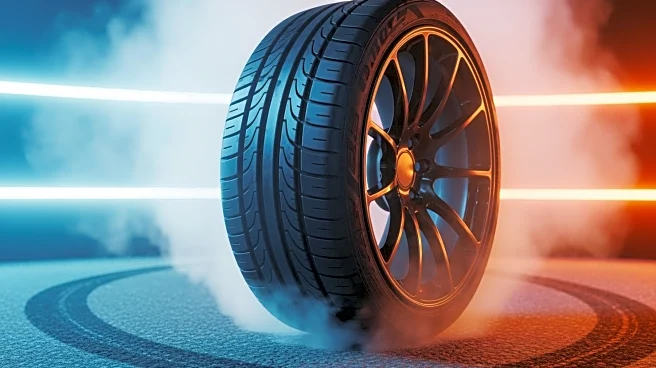What is the story about?
What's Happening?
The United States Court of Appeals for the Fourth Circuit has reversed a district court decision in the case of Sommerville v. Union Carbide, which involved plaintiffs seeking medical monitoring due to alleged exposure to ethylene oxide. The district court had excluded the testimony of Dr. Ranajit Sahu under Federal Rule of Evidence 702, citing insufficient factual basis for his air model inputs. The Fourth Circuit's reversal contradicts recent amendments to Rule 702, which aim to ensure expert testimony is based on sufficient facts and data.
Why It's Important?
This ruling could have significant implications for the admissibility of expert testimony in U.S. courts. By reversing the district court's decision, the Fourth Circuit may set a precedent that undermines the stricter standards intended by the recent amendments to Rule 702. This could affect the credibility and reliability of expert witnesses in future cases, potentially impacting legal outcomes and the integrity of judicial processes.
What's Next?
Legal professionals and stakeholders may need to reassess strategies for presenting expert testimony in light of this ruling. The decision could prompt further scrutiny and debate over the application of Rule 702, possibly leading to additional legal challenges or calls for clarification from higher courts.
